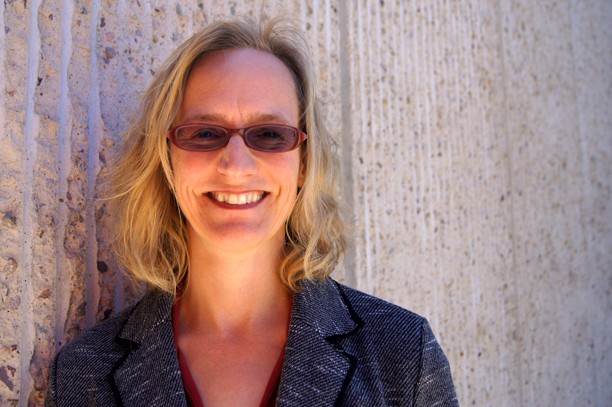Beginning this fall, UA students will get the chance to better hone their career skills for a digital world.
As digital technology continues to rapidly evolve, human interaction and communication is also changing, including in the job market. In the fall of 2013, the School of Information Resources and Library Science will be offering a new program, called eSociety, to help students prepare for careers in the endlessly changing digital world. The program will be available to students as a Bachelor of Arts degree or an undergraduate minor.
This interdisciplinary program will bring together courses from a wide range of colleges across the UA. Skills could include knowing how to analyze and recognize digital data, helping employers with social media sites and knowing how to give a digital presentation and communicate online, according to Catherine Brooks, an assistant professor for both SIRLS and the department of communication and a lead curriculum developer for eSociety.
Employers will want to have new employees who have digital, data, and analytical skills that apply to the digital data environment, she added. For those students completing the program for a bachelors, they will be required to have a minor in another area of study, so they can specialize in a specific field.
“Students have a lot of choices, so they’ll be able to choose, within our curriculum, the things that make them happy and are of interest to them,” Brooks said. “We’ll help them learn to talk about their skill set, and sell themselves and get a job.”
These jobs might include data analytics, social media marketing or working with digital archives, she added.
Ellie Brownridge, an anthropology sophomore, said she would consider taking a course in the program to strengthen her knowledge about technology.
“We live in a world that’s so highly focused on using the Internet for everything you do,” Brownridge said. “Pretty much all jobs require you to use a computer of some sort. It would be helpful, definitely.”
Program members have already begun to communicate with potential employers like Apple Inc. and Avnet Inc., according to J.P. Jones III, dean of the College of Social and Behavioral Sciences and professor for the School of Geography and Development.
“They’re very excited about the kind of training and understanding that students are going to have,” he said.
Jones also mentioned that students will change jobs and careers many times. Because of this, he said, it is important that students have a foundation that will carry them into a future in which they are constantly able to adapt and learn as things change.
“It’d [eSociety] be one of the more practical things you could do, really, in college,” said Eric Myre, a freshman studying French. “Real-world courses would actually be a nice change of pace.”
The program itself is not driven by technology, but rather by the social practices that are engaging with technology and changing it, according to Pamela Coonan, research support and enrollment manager for the College of SBS.
“I think that the [interdisciplinary aspect] of it is also something that is very applicable for any position they go into and any kind of field they want to do it,” Coonan said. “This degree will give them a good, very broad foundation … and very good stepping stone to employment.”









